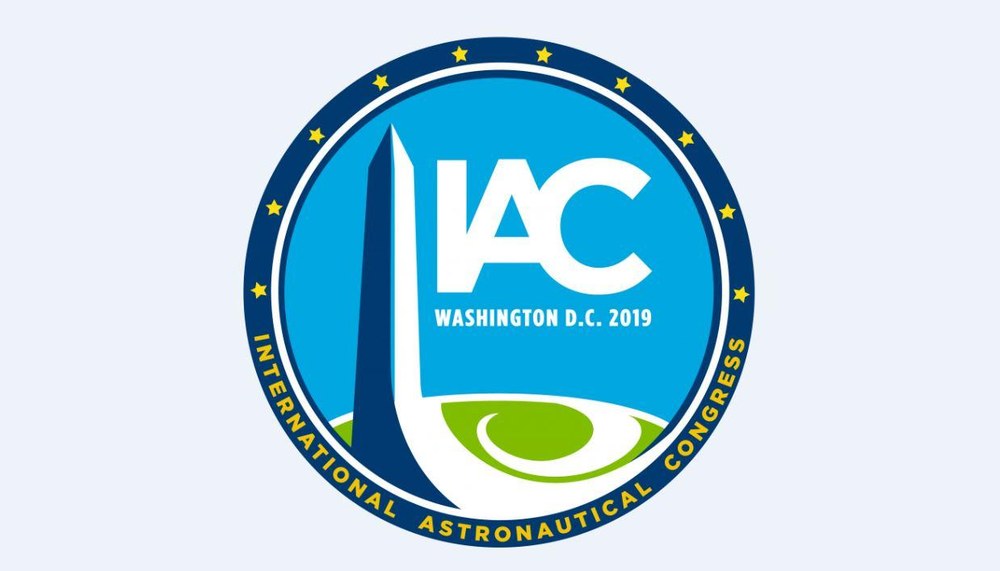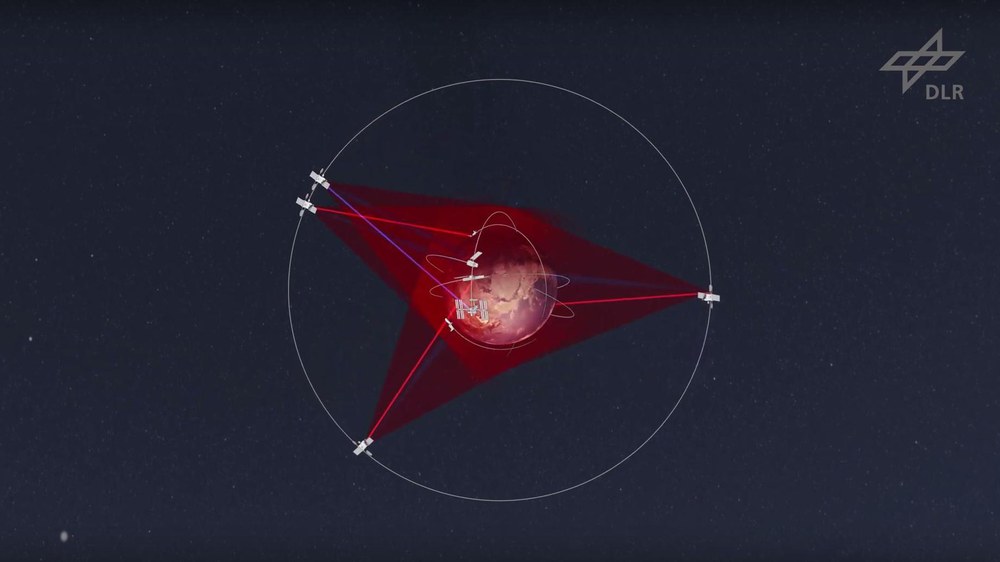IAC 2019 – Focus on international cooperation and future technologies for spaceflight


- Focus: Space, exploration
On 21 October 2019, the 70th International Astronautical Congress (IAC) of the International Astronautical Federation (IAF) is opening its doors in Washington D.C., with the slogan 'Space: The Power of the Past, the Promise of the Future'. While celebrating the 50th anniversary of the first Moon landing, more than 4000 visitors will gather at 150 exhibitor stands, and will participate in and attend approximately 200 plenary discussions and technical and scientific presentations to find out about current developments in spaceflight. The German Aerospace Center (Deutsches Zentrum für Luft- und Raumfahrt; DLR) has always been present at the accompanying exhibition, and this year is no different. DLR and the City of Bremen – the 'City of Space' – will be presenting eight current and future projects, as well as the goals of German spaceflight on a stand with an area of around 150 square metres.
"Since the launch of the first satellite in 1957, spaceflight has contributed to exploring the unknown, expanding boundaries and broadening horizons, as well as addressing challenges here on Earth," says Pascale Ehrenfreund, Chair of the DLR Executive Board and incoming President of the IAF. "In its nearly 70 years of existence, the IAF has established itself an important international platform for those working in the field of space exploration and research. Here, all the major players in the space field can combine and coordinate their activities to further develop a dynamic space sector."
The IAC is dedicated to the future exploration of space, innovative technologies, the benefits of space research for society, international collaboration, space legislation and inspiring young people, as well as joint projects and missions. Discussions aimed at contributing to the continuation of global collaboration in space will be taking place during IAC. The most prominent example of this is the work conducted on the International Space Station, which has been in operation since 2000. Its success highlights the important role that the field of spaceflight plays in our lives and is an example of collaboration across all borders. Close international cooperation is continuously being strengthened by the increasing number of nations and partnerships, as well as by commercial and private companies becoming more involved in the space sector.
German space projects at IAC 2019
DLR will be presenting numerous topics and exhibits at the IAC. The astronaut assistance system CIMON and the X-ray telescope eROSITA for Dark Energy research from Germany's current space programme, for which the DLR Space Administration is responsible, will be showcased. Other projects include GESTRA – a new radar system for the detection of space debris – and SMART LCT, a cutting-edge laser communications terminal 'made in Germany', which is capable of transmitting data from one satellite to another at extremely high speeds. It is already in use in the European Data Relay System – Europe's 'space data highway'.

Animation: Fast data transfer - Laser communication for Europe’s space data highway
Your consent to the storage of data ('cookies') is required for the playback of this video on Youtube.com. You can view and change your current data storage settings at any time under privacy.
DLR
In addition to the Eu:CROPIS satellite mission and MARE, an experiment to measure radiation exposure to the human body beyond the ISS orbit, DLR's Space Research and Technology division is presenting DESIS – a new type of hyperspectral sensor. The Orbital Hub concept – a concept for an orbital platform in low Earth orbit – will also be showcased.
The International Astronautical Federation (IAF)
Founded in 1951, the International Astronautical Federation is the world's leading space advocacy body with 366 members in 68 countries, including all leading space agencies, companies, research institutions, universities, societies, associations, institutes and museums worldwide. IAF's annual International Astronautical Congress (IAC) is firmly established as the world’s premier global space event.

